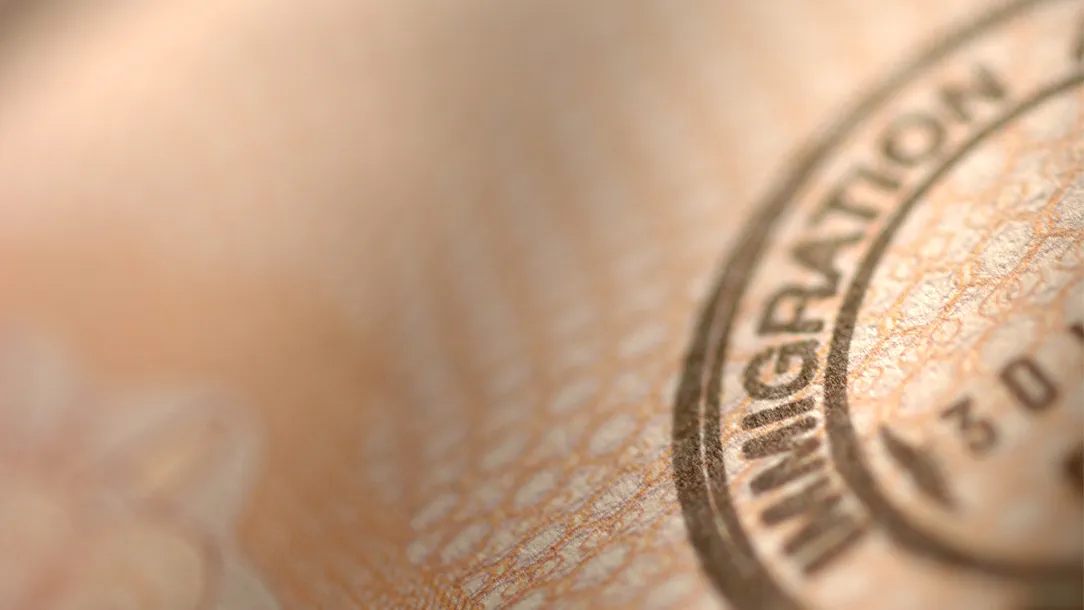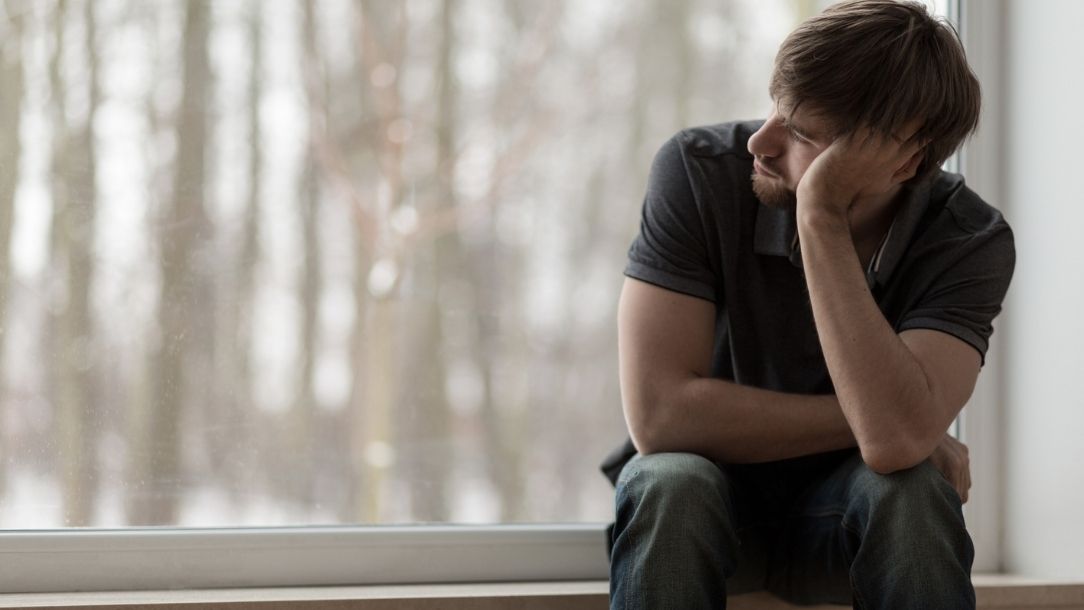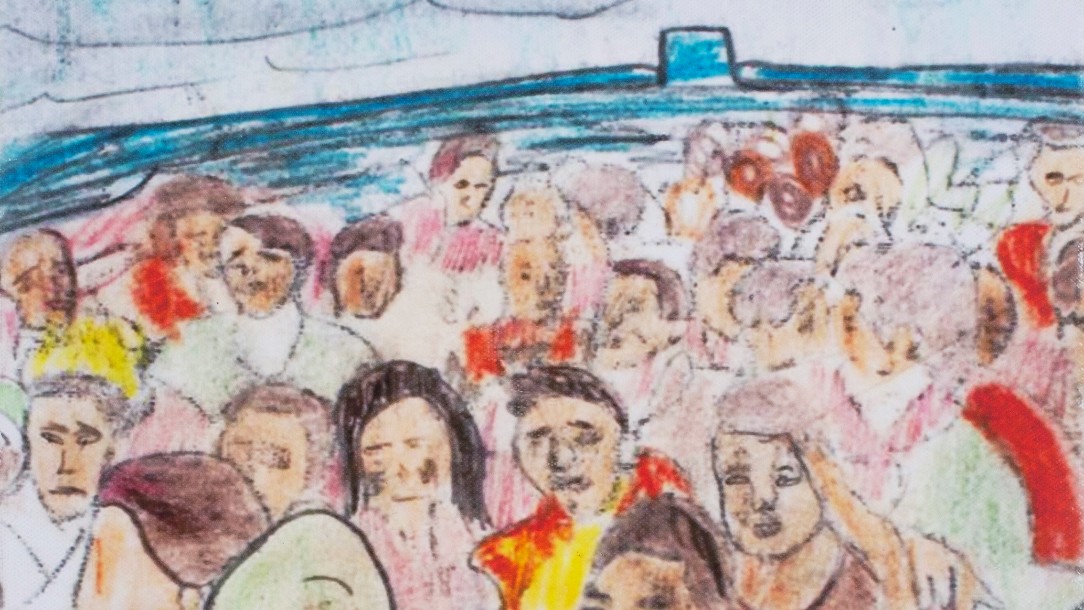Six things you need to know about refugees and asylum seekers
What are asylum seekers? What are refugees? Here's the difference between asylum seekers and refugees and other myths about those fleeing persecution and violence.
Last updated 28 September 2023

1. Is current international law on the right to claim asylum important?
The UN drew up international laws on this after the Second World War.
The 1951 Refugee Convention protects people fleeing persecution.
It describes a person seeking asylum as someone who is outside the country of their nationality:
“Owing to a well-founded fear of being persecuted for reasons of race, religion, nationality, membership of a particular social group or political opinion” and “is unable to, or owing to such fear is unwilling to, avail himself of the protection of that country”.
So there is an internationally recognised right, under these circumstances, to seek safety elsewhere.
British Red Cross chief executive Mike Adamson says the UN Refugee Convention has never been so important:
The UK has a proud history of providing protection for refugees. In our increasingly unstable world, the 1951 UN Refugee Convention remains one of the bedrocks of the international rules-based order.
“The majority of people seeking sanctuary do so close to their home country," he continues.
"This Convention has brought safety to thousands of men, women and children who have fled their homes in fear for their lives," he says.
2. The terms ‘migrant’, ‘refugee’ and ‘asylum seeker’ have very different meanings.
Often you hear in conversation, or in the media, the terms ‘migrant’ and ‘refugee’ used interchangeably. But they’re not the same thing - there is an important difference between the terms.
There is no internationally recognised definition of a migrant. For the British Red Cross, a migrant is a person who has moved to another country, for example to work, study or join family members. They may be living there temporarily or permanently depending on their situation.
The definition of an asylum seeker, or someone seeking asylum, is a person who has left their country, often suddenly, because they are faced with persecution, war or violence and cannot get protection there. Once an asylum seeker has bene officially granted asylum, they are then legally recognised as a refugee.
3. A tiny proportion of the UK population are refugees.
The number of refugees and people seeking asylum goes up and down, depending on what’s happening in the world.
Conflict in several countries has swelled recent figures, with people forced to leave their home countries and become refugees because of war and violence. In fact, most refugees coming to the UK are from countries caught up in conflict like Syria, Ukraine and Afghanistan.
However, the UK has not been ‘flooded’ by refugees looking for safety.
The vast majority of asylum seekers flee over their nearest border, where they’re likely to live in camps.
You can see this clearly in the case of Syria. Of the 6.7 million Syrian refugees globally, a staggering 4.6 million are being hosted by its neighbours – Turkey and Lebanon.
In addition, asylum claims based on sexual orientation are extremely low. In 2022, just 2% of asylum claims in the UK (1,334 claims) included sexual orientation as part of the basis for the claim.
4. Refugees often have to take very dangerous journeys.
Approximately 3,000 people died while trying to reach another country in 2020. Many of these people were looking for safety and fleeing from war, violence and persecution, which is why they seek refugee status in a safe country.
The way the system is set up means most people can only claim asylum in another country once they get there. But the journey itself can be extremely dangerous.
For most people who are facing persecution it's not as simple as buying a ticket and getting on a plane, or driving into another country. People can be forced into hiding, foreign embassies can close and airports or train stations may be inaccessible. Instead, they have to get out any way that they can.
The UN Refugee Convention makes it clear that there will often be justified reasons why refugees are unable to enter a country with a valid visa. There is no visa you can apply for to claim asylum in the UK.
The small number of people attempting to reach the UK do so for a variety of reasons. Some may have family here, or speak English.
5. Life in the asylum system is hard.
A person seeking asylum has left everything behind: friends, family, photographs, job, home, clothes, sentimental gifts… the list goes on.
The Red Cross supports people who were lawyers, doctors and teachers in their home countries: all keen to lend their skills here.
Yet many of the asylum seekers we see are penniless and struggling to feed themselves. While they wait for a decision on their asylum claim (which can take years), they live in limbo: not allowed to work and dependent on limited support from the government.
We see many people who, without access to public funds, housing and employment, are often exposed to homelessness, abuse and exploitation.
6. The British Red Cross is the largest independent provider of support to refugees in the UK.
We believe that people should have access to safe ways to claim asylum and should be treated with dignity and respect throughout the process.
We provide a wide range of services for refugees in 58 towns and cities across all four countries in the UK. These include casework advice, English classes, welcome and orientation groups, young refugee projects, and mother and baby groups.
We also work with refugees and asylum seekers who are left destitute.
We provide food parcels, clothing, small amounts of emergency cash , and nappies and maternity packs for new mothers. We also offer individual casework to support someone to find longer-term support.
We know that these services are also not only a lifeline, but often a valued weekly routine where people can have a hot drink or a meal and socialise with others.
Learn more about the asylum process in the UK
Understand more about the the asylum process in the UK and the support available.
- Information on the policy to send asylum seekers to Rwanda
- Refugee: facts and figures
- Help for refugees and asylum seekers
- What has happened to the Uk's asylum system?
Help us support refugees
Refugees have experienced the worst challenges in life - but together, we can show the very best of humankind. Please help us continue our vital work in the UK, and around the world.
DonateThe experiences of refugees and asylum seekers
Find out about the lives and experiences of people seeking asylum and safety in the UK.

Asylum seekers: are they living on easy street?
With so many conflicting reports, it's hard to picture life for an asylum seeker in the UK. We shed some light on the matter.

5 facts about Channel crossings and why people make them
There are a lot of misconceptions about why men, women and children risk their lives to cross the Channel in the hopes of finding safety in the UK. Here are five facts about it